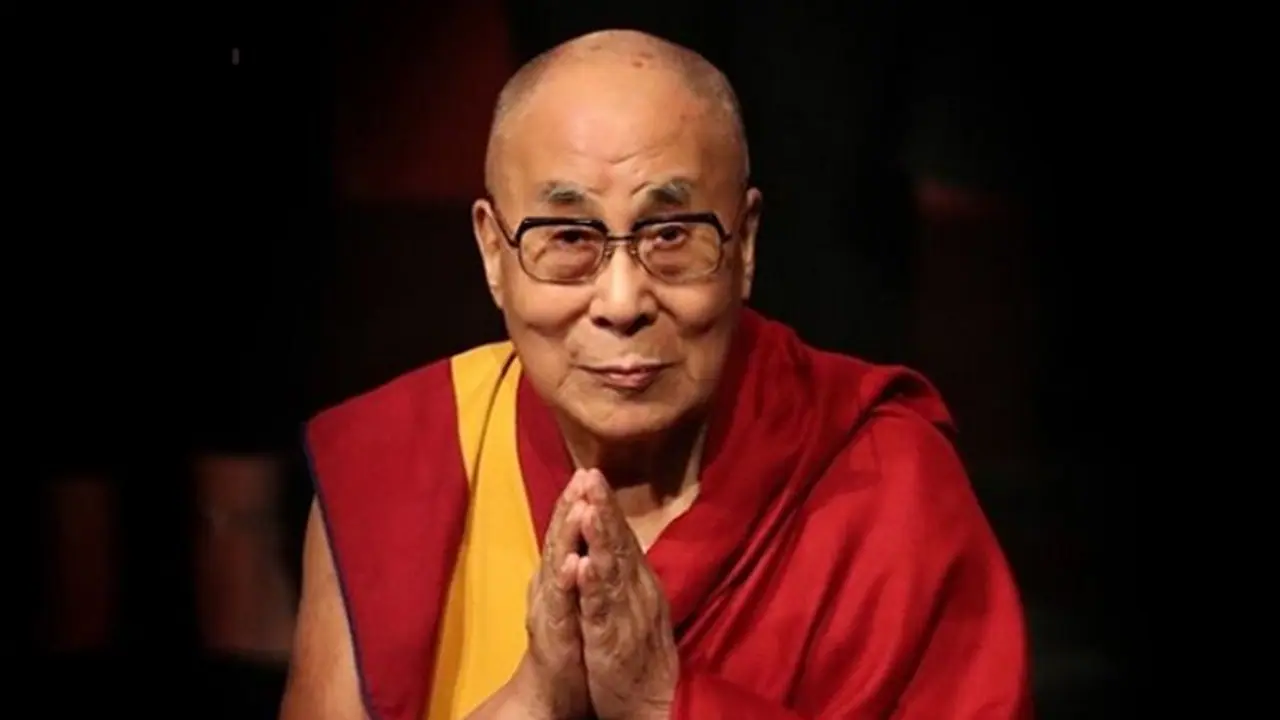The 86-year-old Tibetan Buddhist spiritual leader said he had no intentions to meet Chinese President Xi Jinping, but he would want to visit his Himalayan country to see old acquaintances.
China stated on Wednesday that it is "open" to talks with Tibetan spiritual leader the Dalai Lama about his "future," but not about any Tibet-related concerns. According to reports from Tokyo, the Dalai Lama stated, "I wish to remain here in India, happily," during an online news conference sponsored by the Tokyo Foreign Correspondents Club on Wednesday, describing the country as a centre of religious harmony. The 86-year-old Tibetan Buddhist spiritual leader said he had no intentions to meet Chinese President Xi Jinping, but he would want to visit his Himalayan country to see old acquaintances.

When asked about the Dalai Lama's words and if Beijing will allow him to visit China or Tibet, Chinese Foreign Ministry spokesman Wang Wenbin told a press conference that Beijing is ready to talk with the Tibetan spiritual leader. Wang said the Chinese central government's policy on interacting and addressing problems with the 14th Dalai Lama is constant and unambiguous. He added that the door to discourse and participation is now open and emphasised that the only topic that may be addressed is the Dalai Lama's future, and nothing to do with Tibet.
Also Read | Dalai Lama prefers to stay in India, has no intention to meet China's Xi Jinping
According to an official white paper issued in May, any successor to the Dalai Lama must be authorised by the Chinese government, ruling out recognition for any heir named by him or his followers. The Dalai Lama's succession question has been in the spotlight, particularly in recent years as the US has stepped up its campaign that the right to the reincarnation of the Dalai Lama's successor should be under the exclusive authority of the Dalai Lama and the Tibetan people.
Last month, China's governing Communist Party nominated Wang Junzheng, who has been sanctioned by the United States, the United Kingdom, the European Union, and Canada for his alleged participation in human rights crimes against Uygur Muslims in Xinjiang, as the leader of the party's Tibetan section. During his term as Xinjiang's deputy party secretary and security commander, Wang, 58, became China's highest-ranking official to be widely sanctioned over allegations of human rights breaches in March.
Also Read | China lashes out at Antony Blinken’s meeting with Dalai Lama aide in New Delhi
